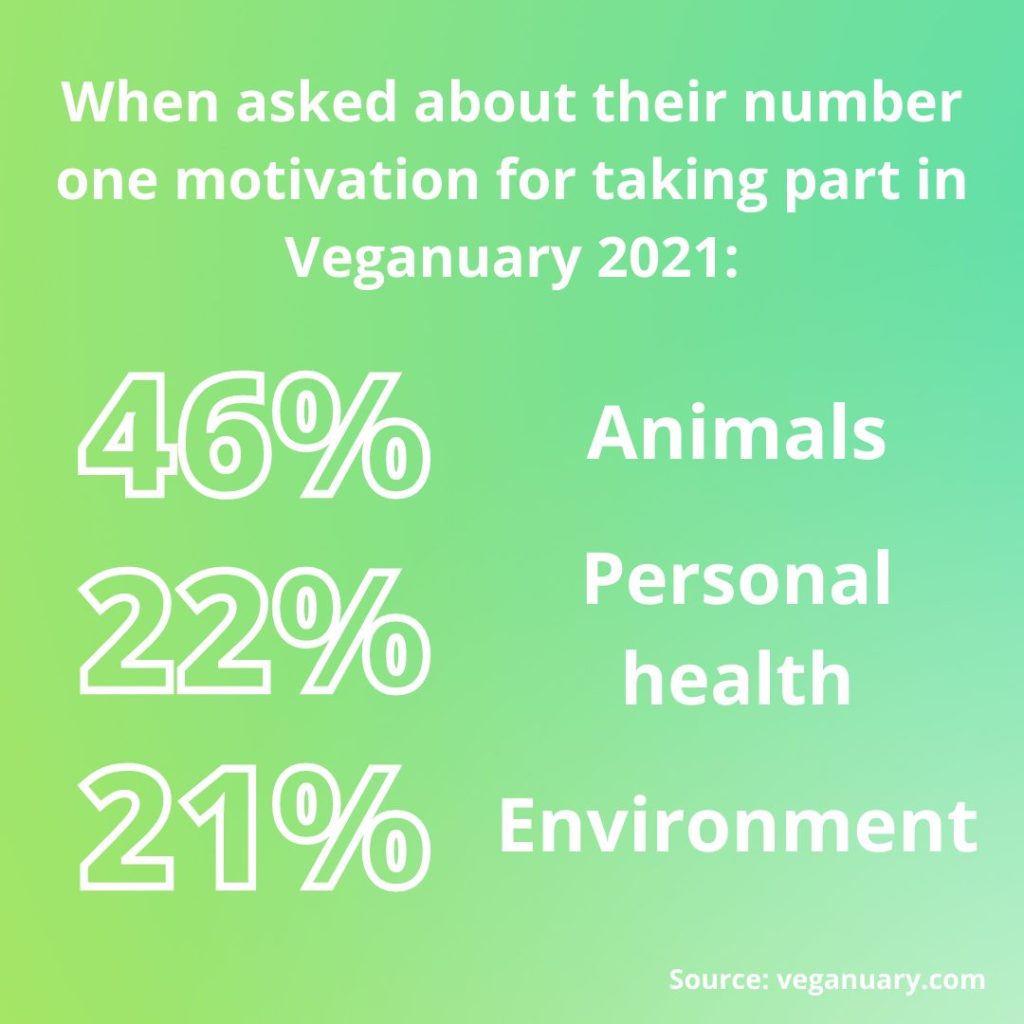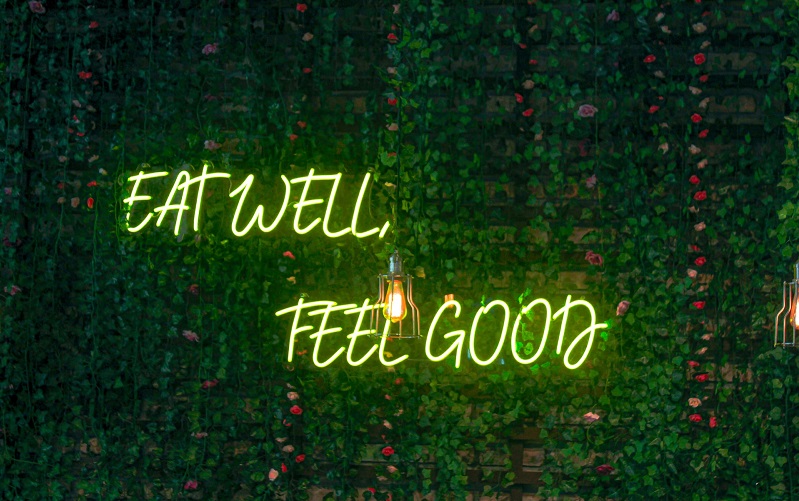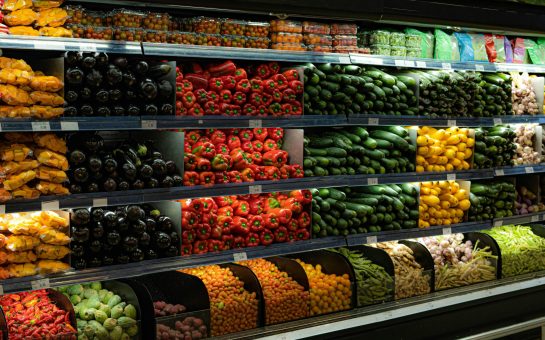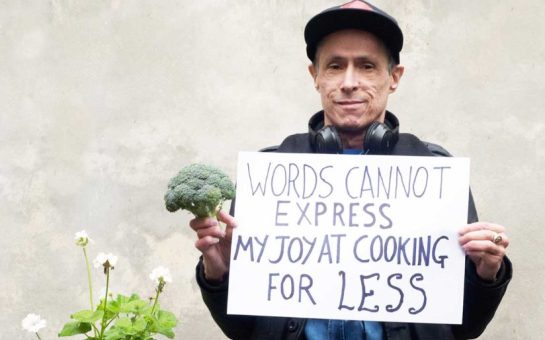As Veganuary comes to an end, more and more people are predicted to continue their plant-based diets.
However, many are unaware of the hormonal health implications that could occur.
The start of the new year often brings a communal advocacy of healthy living in the form of the ‘New Year, New Me’ mantra.
In recent years, along with gym memberships rising and fitness apps ranking highly, has come a new pledge: Veganuary.
With the help of celebrity endorsements of plant-based diets and a shared sense of wanting to save the planet, more people have pledged a vegan diet for January.
Last year alone, 582,000 people worldwide registered with Veganuary.com, pledging to try being vegan for a month.
According to Veganuary campaign statistics, this was aided by the 259 vegan menus introduced in chain restaurants and the launch of 566 new vegan products in January 2021.
Whilst official figures for 2022 have yet to be released, the number of people signing up to become vegan for a month was predicted to reach the highest yet.
In fact, 2022 statistics show 14% of adults in the UK are following a meat-free diet.
If current trends continue at this rate, by 2023 the UK may have 16 million meat-free people.
However, the same statistics show that only 2% of those who pledged to give up meat in 2021 actually did so, indicating that many who begin with Veganuary don’t continue throughout the year.
Veganism is a particularly popular choice for younger generations, as the influence of plant-based diets across social media has gained popularity.
Whilst some scientists warn against going vegan for one month alone, others argue that a plant-based diet has the potential of life-saving benefits which could save an overly-stressed health care system.
SWL spoke to two vegans who chose their plant-based diets for very different reasons.
Emily Joliffe, 21, opted for a vegan lifestyle full-time following a successful Veganuary in 2019.
She said: “During veganuary, I did a lot of research on the reasons for going vegan and the horrific treatment of animals and fish in the food industry.
“I realised that once I knew all of this information, I could never go back to eating meat and dairy so I’ve stayed vegan ever since.
“I also realised that being vegan was far easier than I imagined it would be, so I didn’t see any reason why I wouldn’t keep being vegan.”
With the help of Netflix documentaries like ‘What the health’ and ‘Cowspiracy’, Emily upgraded her vegan lifestyle to include sustainable skincare swaps and everyday changes to reduce her environmental impact.
She added: “At the start, it sometimes made going out to eat with friends more difficult because I had to find somewhere with a vegan option.
“However, nowadays almost every restaurant has at least one decent option.
“I think now I’d happily say that I don’t think being vegan has a big impact on my daily life, other than I feel confident that my dietary choices are benefitting the environment, animals and my health.”
According to statistics from Veganuary 2021, Emily was not alone in taking part in Veganuary for animal-rights reasons, as 46% of those who took part in Veganuary 2021 claimed this was their number one motivation.
The second highest motivation, claimed by 22% of those taking part, was personal health.

Keya Patani, 21, chose a plant-based diet for her health reasons, having already been vegetarian due to her family’s religion, Jainism.
Her parents switched their household to veganism in 2015, and although she was hesitant at first, the hormonal side-effects she has now noticed as a result of the plant-based diet have strengthened her choice.
Keya, like 38% of those who completed Veganuary 2021, experienced healthier skin appearance.
She said: “I’m a strict vegan now because I can immediately notice the effects of dairy, meat and eggs on my skin.
“If I eat something non-vegan then the next day I have bad acne.
“My acne is also hormonal but it’s so much better since I cut out dairy.
“For me as an individual I thrive on a plant-based diet as I have a lot of energy and generally feel good.
“I’ve put this down to knowing that I have experience in creating healthy balanced meals on a vegan diet, partially because most of the ethnic foods I grew up with were vegan.
“I don’t think this is possible for everyone though and in fact I think it would be unhealthy for some people to be completely vegan for many, many reasons as your diet should be highly personalised to you and your lifestyle needs.
“I’m not an expert nutritionist but I would advocate for people to eat food that makes them feel happy, energetic, strong and healthy and that is affordable and easy to prepare.”
She added that she doesn’t think veganism is the simple solution for climate change that many people believe it is, and local and sustainable produce should instead be prioritised, rather than plant-based diets only.
“In terms of health, eating unprocessed whole foods and having a balanced diet is great and promoted by every health body.
“Maybe veganism can be viewed as a tool to do that but because of food poverty, it’s not possible for everyone.
“The choice is very circumstantial – if you have the means to eat more plant based then you should.”
As many who begin Veganuary do so with no transition, nutritionist Nadia Achha stated: “Some women will have gone from a diet inadequate in vegetables and fruits to a diet that is richer in fruits and vegetables due to the absence of meat and dairy, not always, but if this is the case then more nutrients and minerals are being consumed overall and this is essential for optimal health and hormone function comes under this.
“Veganism as a whole requires time and dedication to education to ensure a full profile of nutrients and minerals are being met – it’s not going to harm your health going vegan for just one month and you may not experience any symptoms of inadequate nutrition due to this short time period.
“However, over time this must be taken into consideration and the decision to become vegan is best done with as much knowledge as possible.
“During the month of Veganuary, there may also be some digestive upset from an increased fibre intake – this can be problematic for people especially if there are any underlying digestive issues already.
“Depending on the person, a slow transition over a period of months is usually advised in my clinic.
“Sometimes people do not get along with veganism even after a slow transition for one reason or another – and this is where a happy balance may need to be met.”
Naturopathic Nutritionist Roberta Stringer spoke to SWL about the particular hormonal impacts women who suddenly go vegan (without a transition) may face.
She said: “Going vegan always seems like a very simplified approach, but what I rarely find in any advice that is given is the whole picture: the pros, cons, what may be missing from your diet, and how you can gain what you need from a vegan diet.
“Going vegan for a month is quite easy – you’re in or you’re out. But longer term, what can that mean for you?
“You’re not likely to have any long-term impact from becoming vegan for a month, but there are things to be aware of about what going vegan could mean for you, as an individual, which is really the problem of generic ‘go-vegan’ protocols, because they just don’t take into account what is going on with you at your age, or with any health conditions you may have.”
She added that a vegan diet, in particular, can lead to a strongly increased risk of deficiencies, which can create hormonal impacts.
Stringer added that young women are the most high-risk group because many are already deficient in key nutrients, and the removal of red meat and animal milk consumption are largely to blame.
She added that 54% of young women in the UK have below the recommended level of iron, while 27% are below the required level of both calcium and iodine, according to government figures.
“Hormones are based on fats, so if you have a vegan diet that is very low fat, that’s a problem for hormones.
“You have to be aware of looking for products that are fortified, meaning they have extra vitamins like B12.
“You really have to be extra mindful of getting those nutrients.
“Most people, regardless of whether they are vegan or not, are deficient in at least one of those key nutrients, but it is even more of a challenge with being vegan.”
She added that the majority of vegans are deficient in vitamin B12, which can only be gained in animal products, which could lead to health issues like tiredness, poor nails, and being cold.
“Being vegan and staying vegan means you have to be on a constant strategy to ensure you are covering off everything you need to.”
She added: “There are endless benefits – a vegan diet can be less inflammatory than animal products, which hormones really like.
“High oestrogen is what drives most pre-menstrual symptoms, and plant-diets are generally lower in oestrogen, which can be really beneficial.
“It’s about doing what is right for you, and having a good understanding of what is good for your body.
“If you’ve gone from being a meat-eater five days a week, to suddenly going vegan, your body is going to react to that.
“If you’re good with diet you’re probably going to be good with being vegan, but if you’re not great with diet, you may face the potential downfalls of nutrient deficiencies that arise from veganism.”
She added that with so many plant-based options available on the market and the social aspect of being vegan becoming much more acceptable, it is becoming easier.





Join the discussion